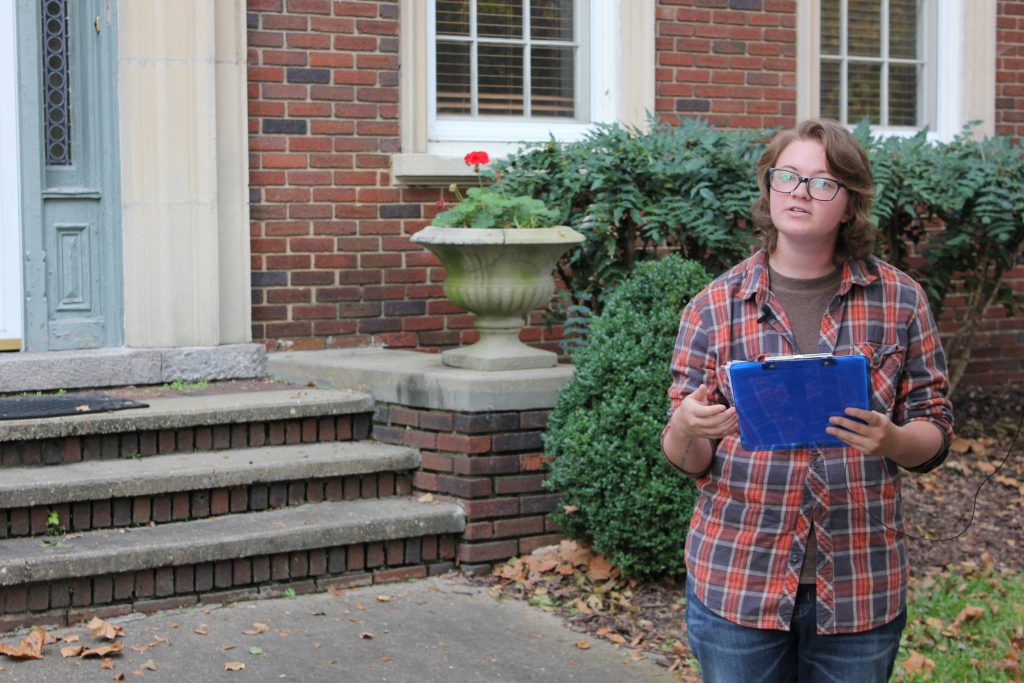By Carlin Troia
 Sacred Heart Church was one of the many locations where Codependents Anonymous (CoDA) meetings took place. Rotating periodically, other meeting locations included the Triangle Services Center in Norfolk and the Unitarian Church of Norfolk.
Sacred Heart Church was one of the many locations where Codependents Anonymous (CoDA) meetings took place. Rotating periodically, other meeting locations included the Triangle Services Center in Norfolk and the Unitarian Church of Norfolk.
Codependency is excessive emotional or psychological reliance on a partner, typically a partner who requires support due to an illness or addiction. CoDA, similar to Alcoholics Anonymous, is a 12 step program led by attendees that promotes personal revelation and self-identification. In the late 80s and early 90s, CoDA groups brought comfort and community to many queers who believed they
were in codependent relationships, helping them feel less alone as they navigated codependency.
Since CoDA did not (and does not) focus on a diagnosis from an outside party it allowed space for people to come forward and seek help on their own terms. Rather than labeling someone ‘a codependent,’ the program outlined patterns consistent with codependency so that attendees could decide on their own if those patterns fit them or their relationship.
Unfortunately, codependency is an issue that impacts many within the LGBTQ+ community. Heterosexism, internalized homophobia, substance abuse, and past experiences of violence are some of the specific risk factors LGBTQ+ folks were/are subjected to. (Ristock 8) In fact, a 2002 study found that 47.5% of lesbians and 29.7% of gay men report being victims of intimate partner violence (Ristock 10). This same study reported that 38% of lesbians and 21.5% of gay men reported using violence on their intimate partners at one time or another. Though codependency can include more than just physical violence, these statistics are staggering.
The local community recognized these needs as evidenced by advertising for several of the anonymous programs. The first ads for CoDA in Our Own appeared in October of 1990.
